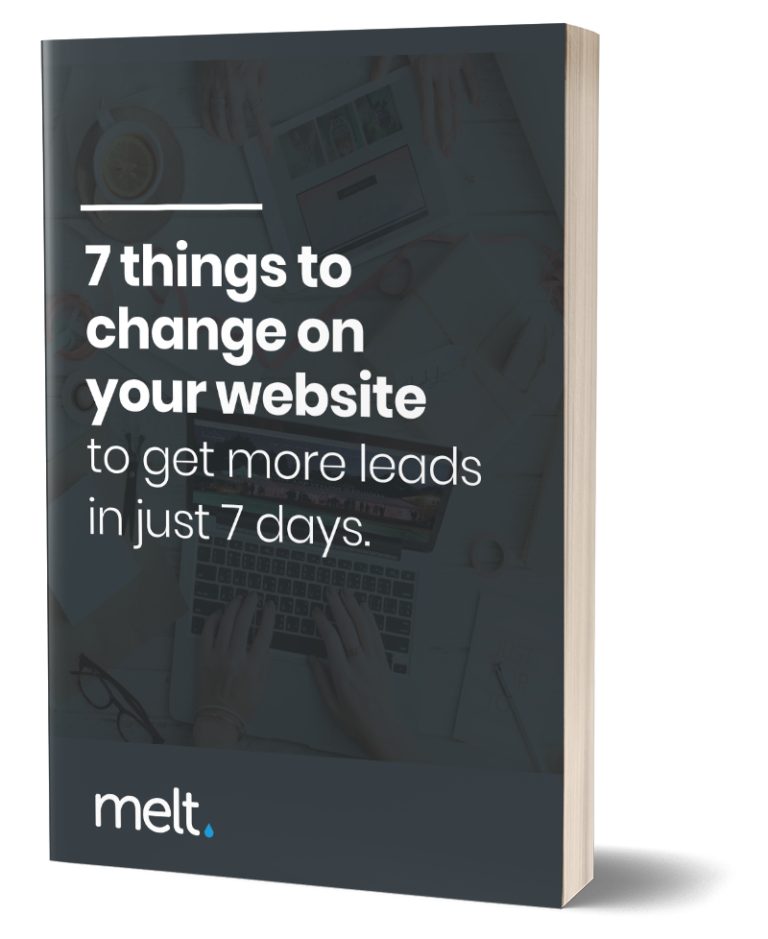Google searches tend to favour bigger brands. They have more traffic, brand recognition and, of course, more money to spend on marketing and SEO. It’s not impossible to compete though, because you have a secret weapon that’s not available to most big names: local presence.
The tide is turning, with studies like this and this showing that customers are beginning to prefer smaller, local businesses again. What’s more, Google has tools and algorithms that give you a boost in your local area. With the right skills and knowledge, you can compete online with the big names, all thanks to your local presence and local SEO.
What is Local SEO?
Local SEO is exactly what it sounds like. You use all the techniques of traditional SEO (and a few extra) to promote your business locally instead of over a broader area. Most of the stuff you want to focus on is the same, like content marketing, link building and customer feedback, but the way you do it all is slightly different.
With local SEO you focus on a smaller audience that matters much more to you, giving them much more attention, and meeting their needs much better than the one-size-fits-all approach you have to use when targeting a larger area. You’ll end up with a loyal customer base that feels appreciated and looked after, paying you back with repeat business and plenty of referrals.
Local SEO isn’t for everyone. If you don’t have strong ties to your local area, or you want to grow far beyond just your region, then it’s not for you. It’s much more useful for new or small businesses that want to perform well in their local area and can happily ignore the rest of the world (for now).
So, how do you focus your efforts on local SEO?
Tell Google Who You Are
Local SEO won’t work if Google doesn’t know who you are. That means letting them know your address, phone number, business name and website, so they know where to point people who are looking for your services.
Don’t worry, you won’t need to write them a letter. Google has a service called “My Business” which allows you to control the way you appear in a Google search. It’s also an incredibly convenient way to give Google all of the information they need about your business.
To add yours, go to the Google My Business page and follow the instructions. Google might have one set up for you already, in which case you’ll need to claim it, or you might need to start from scratch. Either way, it’s quick and easy to do, and comes with a double benefit. It’s not just about giving Google your info, it’s also about looking good in search results.

Discover where your website is holding you back with a free, personalized audit report. Uncover what's keeping your site from reaching its full potential and start taking action today!
Upload a nice picture or two, write a beautiful description and, of course, make sure you’ve got all the right information in there. Voila! Now Google knows who you are, and you’ll look great when people come searching.
Tell Everyone Where To Find You
It might seem obvious, but to perform well in local search results, your website needs to have the same information you gave Google. Partly, this is so people who go directly to your site know how to find you, but more importantly it helps Google find the link between its information and your website. The more consistent you make this information, the better.
It doubles down on letting Google know you’re a local business, and helps them show your website to people who are searching for your service in the area. Even better, it helps your link building efforts, which are by far the most important element of Local SEO.
Signpost Your Site (Local & CONSISTENT Link Building)
So, now you’ve got your basics set up, it’s time to start the real work: link building. Like always, it’s not about spamming as many links as you can get your grubby hands on, it’s about making sure that you have the right links, from the right places, saying the right things.
You want links from local services, and from any site, directory or forum that’s relevant to what you do. Most importantly, you need to make sure that they’re using the right name, address and/or phone number. Remember, it’s all about doubling down on that information that Google has on you. If any of the information linking to you is wrong, you’ll get hardly any value from the link, and risk confusing Google’s algorithms. Consistency is key.
The first thing to do is make sure that all the information currently pointing back to you is correct. Use a tool like Bright Local to figure out which sites are linking to you, and to make sure that the information they’re using is up to date and correct. Then you can move on to building some more links.
Where to Build Links
Directories are one of the easiest ways to earn links. If your business isn’t on a few of these already, it really should be. You want to find business directories that focus on specific service types, because they’ll provide you with more relevant links, but bigger, more famous directories will also provide high authority links so don’t shy away from them either.
Directories aren’t the only place to build your links. Local news sites are a great way of getting strong links, either through advertising or from an article about your business. Sites like Reddit and specialist forums provide good links if you have something interesting to post there.
Team up with other businesses in your area by giving them a reason to link to you: it might be sponsorship, or a joint deal or discount for their customers. Whatever it is, it gets local businesses to give you links, which means more authority.
There are loads of ways to build links, and they have huge payoffs. Find a way to give something to the local community, and they’ll find a way to give back in the form of high-authority links. Just remember to make sure that they’re all using the same information!
Customer Feedback
People buy locally because they want quality products and services that larger businesses can’t always offer. That means that good customer reviews are vital, but you already knew that, didn’t you? Did you also know that they’ll help your local SEO?
Google cares about your reviews just as much as your customers, so getting good reviews will help push you to the top of their recommendations. Google has a review service that can be accessed through Google Maps, and those reviews will appear in search results.
Those aren’t the only reviews you should care about, though. Getting good reviews on Yelp, TrustPilot, Trip Advisor, or basically any major review site or directory will help you across several search engines, as well as provide you with more links and good word of mouth.
Encourage existing customers to create reviews for you, and get new customers to leave reviews when they use your services. If good reviews weren’t enough to convince you, you should at least use them for their local SEO benefits.
Content & Keywords
Content isn’t king in local SEO, but it’s still a good part of your strategy. You should keep up with the content marketing efforts you’re already working on, if only because of the links you can earn, but you’ll also want to look at optimising the content on your site.
You want to help Google out by using your content to tell it where you are as well as what you do. Referencing your location on each page in the content, title tags and headers will help show Google where you’re based, and serve up your site to people searching your area.
It’s generally not too much effort to fit it in somewhere, especially for a local business, and will read fine, so no need to worry about spammy keyword practices. As ever, though, make sure it looks and sounds ok to the customer reading it, because it’s much more important to impress them than the search engines!
A strong local SEO strategy will see you gain a lot of importance in your local area. It’s much easier to build an audience and gain authority when you’re not competing against bigger names, and you’re not trying to serve too large an audience. Keeping it small and focused can pay off just as well as reaching the largest audience possible and likely even more.
Conclusion
Optimising your website and SEO campaigns for local search results is ideal for localised businesses. These could be anything from a school to a painter and decorator. By Optimising your site for local search terms, you will climb the ranking higher and increase your chances of getting found and contacted.

